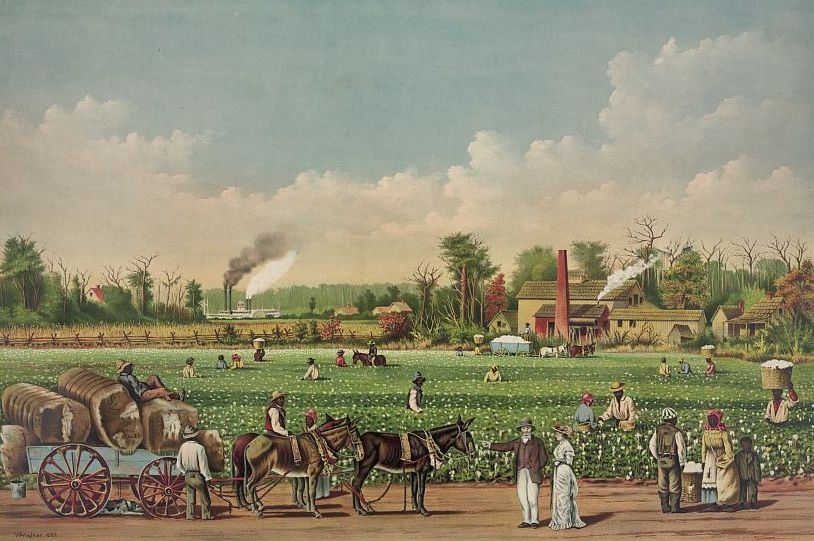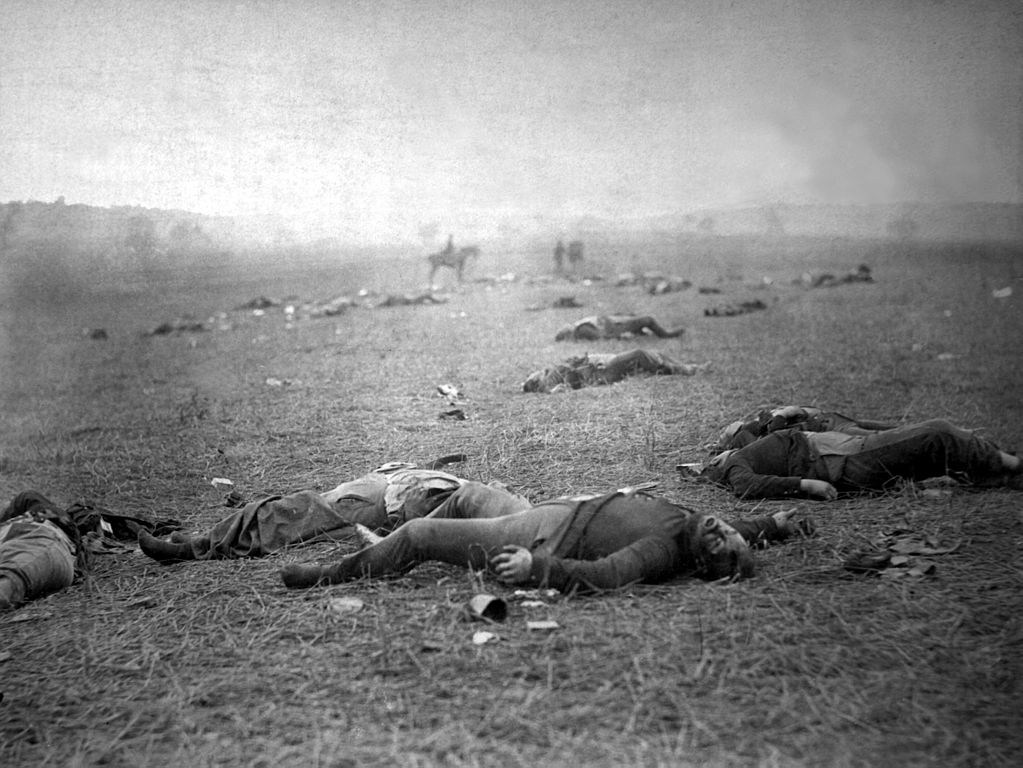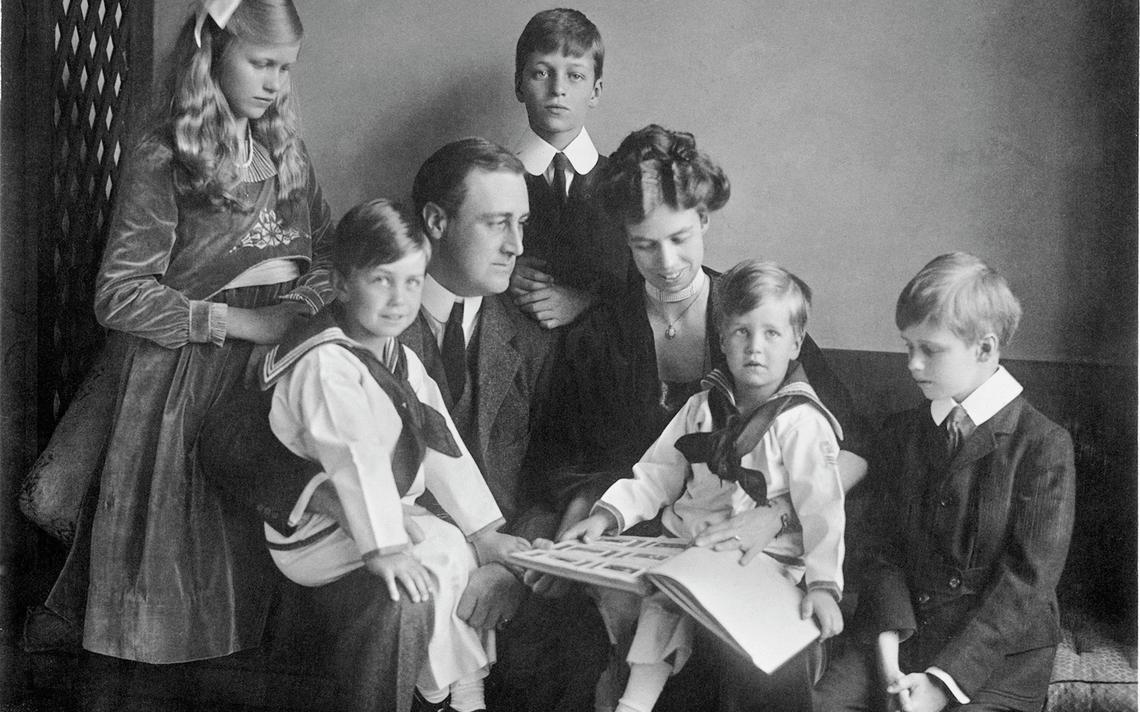e
Week I: America’s First Peoples and the American Colonial Experience

Plimouth Plantation Outdoor Museum
Read in Advance : Mourts Relation Primary Source Excerpt: You may begin reading at the blue arrow in the margin, and then stop reading at the paragraph on pg. sending with “they would come again.”
William Bradford’s Of Plymouth Plantation pg. 199-206 (begins on pg. 262 of PDF file); also available on Google Books History of CRT
Nathaniel Philbrick, Mayflower: A Story of Courage, Community & War (New York: Penguin, 2006).
Watch in Advance: Jamestown Video Co 2:53
Jamestown: A Journey Through Time 13:00
Video Introduction to Plimoth Plantation 11:13
Extra Resources from Plimoth Plantation: Who They Were
Extra Resources from Plimoth Plantation: Resources & Recommended Readings
Extra Resources from Plimoth Plantation: Primary Source & Additional Resources
Additional Videos:
5 Questions with a Pilgrim: Goodwife Hopkins from Plimoth Plantation
17th Century English Village Virtual Field Trip – Plimoth Plantation
Field Trip: Plimoth Plantation
Week II: The American Revolution and Constitution
Read in Advance: Week I: A.& B Independence from Great Britain
Introduction by Cynthia Koch
Mary Beth Norton, Liberty’s Daughters: The Revolutionary Experience of American Women, 1750-1800 (Boston & Toronto: Little Brown, 1980), chap. 1, pp. 3-39; chap. 6, pp.155-94; and chap. 7, pp. 195-227.
Alan Gilbert, Black Patriots and Loyalists: Fighting for Emancipation in the War for Independence (Chicago: University of Chicago Press, 2012), introduction, pp. 1-14; chap. 6, Black Regiments in the Two Revolutions, pp. 152-176; chap. 7, Honor in Defeat, pp.178-206; chap. 9, Democratic Internationalism, pp. 241-257.

“The Shot Heard ‘Round the World”
Watch in Advance: 11:13; Museum of the American Revolution, “I survived the American Revolution.” 24:58; Valley Forge: A Winter Encampment 18:13
• Seminar: Monday 1:30-3:00 PM
• Debate: Monday 3:30-5:00 PM Resolved: America would be better off today had the Revolution never occurred.
• Friday Visit: Lexington and Concord
Week III: Developing Sectionalism

Painting depicting a cotton plantation in Mississippi.
Read in Advance:
Annette,Gordon Reed, Black Americans’ Neglected Origins Story
New York City Draft Riots 1863 and/or Draft riots from wikipedia
Harriet Beecher Stowe, Uncle Tom’s Cabin available as Google book, Kindle, audio and paperback. Uncle Tom’s Cabin is an anti-slavery novel by American author and ardent abolitionist Harriet Beecher Stowe. Published in 1852, the novel had a profound effect on attitudes toward African Americans and slavery in the United States. When Abraham Lincoln met Stowe, he is reported to have said (probably apocryphally), “So, you’re the little woman who wrote the book that made this great war.” The book and the plays it inspired popularized a number of stereotypes about black people—Uncle Tom, pickaninny, and mammy. In recent years, the negative associations with Uncle Tom’s Cabin have overshadowed the historical impact of the book.
Watch in Advance: Gangs of New York (watch on Youtube)
Gangs of New York (2002) a film directed by Martin Scorsese, depicts the violent world of rival Catholic and Protestant gangs in the New York City slums in the mid-19th century. It is loosely based on a 1927 novel of the same name by journalist Herbert Asbury, who specialized in writing about crime in American cities. The film is exceedingly violent, but is worth watching for its accurate recreation of New York’s slums and its depiction of the intense, often ferocious rivalry between native-born American Protestants (Nativists) and immigrant groups. As part of our exploration of the Gilded Age, the film exposes the corruption of New York’s Tammany Hall and William “Boss” Tweed, who controlled New York City government until his downfall in the 1870s, dying in prison in 1878. It does not adequately portray the anti-Black aggression of Irish immigrants during the1863 Draft Riots during the Civil War, but does highlight the fact that not all northerners were in favor of the Civil War or the abolition of slavery. The film review that I have asked you to read points out the ways in which other aspects of history have been omitted, elided, or exaggerated.
• Seminar: Monday 1:30-3:00 PM
• Seminar: Monday 3:30-5:00 PM
• Friday Visit: Royall House and Slave Quarters, Medfield, MA
Week IV: Civil War & Reconstruction

Corpses litter the fields after the battle of Gettysburg in 1863
Read in Advance: Civil War & Reconstruction
Overview by Cynthia Koch
Juneteenth is a National Holiday
Why Does Confederate Lost Cause Persist?
Why There Are No Nazi Statues in Germany – POLITICO Magazine
Teaching Nazi Past to German Youth
Watch in Advance: Glory (1989) feature film starring Denzel Washington and Morgan Freeman about the 54th Massachusetts, the second African American regiment organized during the Civil War; Reconstruction: America After the Civil War, PBS 4:00 hrs
• Seminar: Monday 1:30-3:00 PM
• Debate: Monday 3:30-5:00 PM Resolved: There are no place for Confederate monuments or memorials in modern America
Field Trip: The Black Freedom Trail
Week V: The Gilded Age & The Progressive Era

Read in Advance:
Juneteenth is a National Holiday
First published in 1873, this novel satirizes the greed and political corruption in post-Civil War America. Its title gave the era its nickname: the period of U.S. history from the 1870s to about 1900 is now referred to as the Gilded Age. It was a time characterized by great wealth, extreme poverty, the rise of urban America, and rapid frontier expansion. But as you will see in reading the book, it was also a time when negative stereotyping, particularly of African Americans, was common. Mark Twain has been removed from many high school reading lists for his use of derogatory dialect and typecasting, but I ask you to tolerate these insulting portrayals in order to gain historical context for understanding the social, political, and economic conditions of the era. The novel begins in the antebellum era, when the main characters held enslaved African Americans and their depiction is particularly jarring to modern eyes. The narrative jumps forward to the 1870s corruption of the administration of the Ulysses Grant, during Reconstruction. Be alert to Twain and Warner’s sharp satiric treatment of the pervasive injustices of the time.
WATCH IN ADVANCE: Glory (1989) feature film starring Denzel Washington and Morgan Freeman about the 54th Massachusetts, the second African American regiment organized during the Civil War (On Amazon Prime)
WATCH IN ADVANCE: Henry Louis Gates documentary, Reconstruction : America After the Civil War, PBS 4:00 hrs The link opens to a preview. You have to go to PBS to get the whole series.
Juneteenth is a National Holiday
• Seminar: Monday 1:30-3:00 PM
• Seminar: Monday 3:30-5:00 PM; Virtual Live Tour of the Tenement Museum, NYC
• Friday Visit: The Mansions of Newport Rhode Island
Week VI: An Introduction to the Roosevelts

Franklin and Eleanor Roosevelt with their children, 1919
Watch in Advance:The Roosevelts: An Intimate History, Ken Burns episodes 4, 5 and 6
• Seminar: Monday 1:30-3:00 PM
• Debate: Monday 3:30-5:00 PM Resolved: The New Deal as economic policy was a failure.
Week VII: 3-Day Field Trip: Franklin Delano Roosevelt Presidential Library at Hyde Park, New York

Week VIII: World War II and the Search for Peace
Read in Advance:
Universal Declaration of Human Rights
Among the Dead Cities, AC Grayling, 2007, intro, chapters1-4 and conclusion (feel free to read the whole thing if you like.)
Watch in Advance: The Roosevelts: An Intimate History, Ken Burns, episode 6 (1939-1944), episode 7 (1944-1962). (about 4 hours)
• Seminar: Monday 1:30-3:00 PM
• Seminar: Monday 3:30-500 PM
Week IX: Understanding the Post-War Order
(with Jed Willard)

The Fall of the Berlin Wall
Read in Advance:
George Kennan’s “Long Telegram”
Jacquelyn Dowd Hall’s “The Long Civil Rights Movement and the Political Uses of the Past”
Peter Schrag’s “The Forgotten American”
Francis Fukuyama on Identity Politics
Scholars will divide into groups of two, and each will choose a time period of American history. They will do their own research and come up with three important historical details from their period to share with the cohort: 15 minutes plus 15 minutes Q&A/critique for each. The periods are divided as follows:
- Sept. 1945-1957
- 1958-1974
- 1975-1989
- 1990-2002
- 2003-2016
Seminar: Monday 1:30-3:00 PM
Week X: Into the Future
(with Jed Willard)

Read in Advance:
Tim Snyder’s “The War on History is a War on Democracy” (https://www.nytimes.com/2021/06/29/magazine/memory-laws.html)
Heather Cox Richardson’s current blog post https://heathercoxrichardson.substack.com/p/july-7-2021)
Five pairs of scholars will choose three events etc. from American History that could be taught in the future.
- A positive event that should be taught (e.g. Amendments XIII-XV)
- A negative event that should be taught (e.g. slavery)
- An event that can be left out of all but specialty courses (e.g. the list of Civil War battles)
They will generate their three events using the RS course content plus their own research, and present to cohort for about 25 minutes. The cohort will then discuss and vote on their top choices in each category.
Seminar: Monday 1:30-3:00 PM

